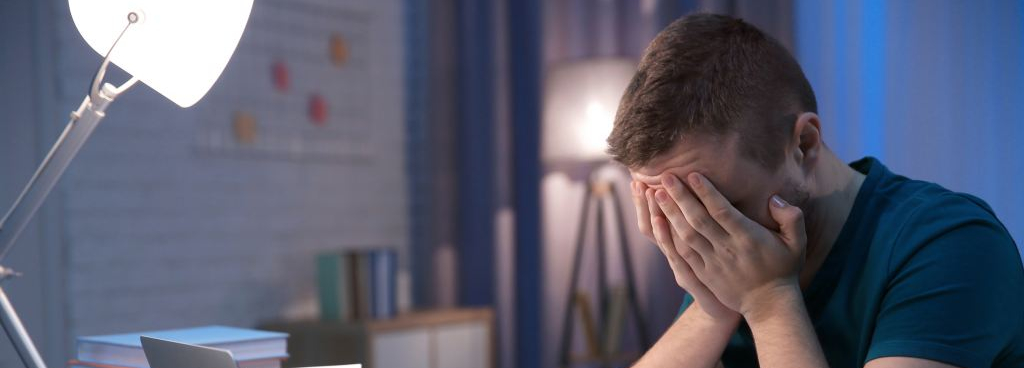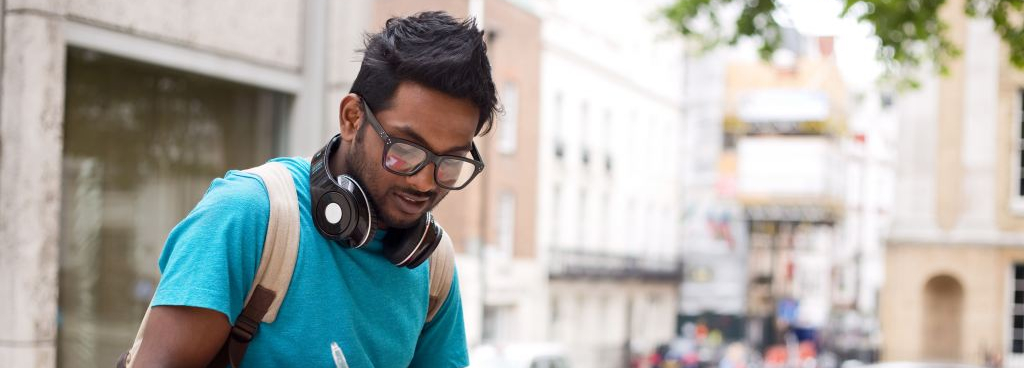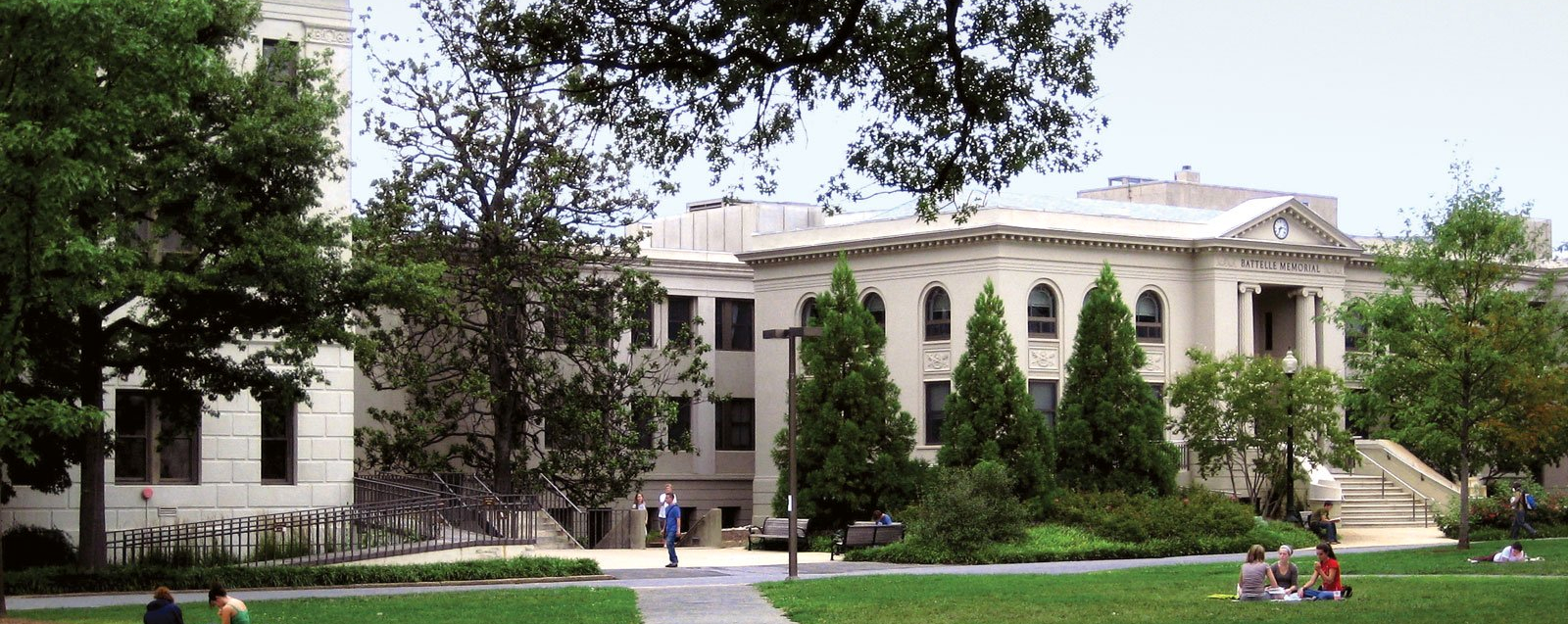For many high school students balancing standardized tests, school projects, assignments and extracurriculars, it may seem like there are not enough hours in the day to get everything done. As a result, many students are staying up late to study. According to a 2015 study from the Centers for Disease Control and Prevention, about seven out of 10 high school students aren’t getting enough sleep. In fact, Stanford Medicine refers to teen sleep deprivation as an epidemic.
Extensive research shows that high school students who get adequate sleep — eight to 10 hours per night — have better focus and concentration and perform better academically. Sleep-deprived teens, however, are more likely to have behavioral and attention problems that affect academic performance.
There’s a reason we need sleep: Our brains need to reboot and store the memories and information we have absorbed throughout the day. It may not seem like it the night before a huge test, but studying and sleep go together.
So, Why Do We Pull All-Nighters?
It seems like a simple trade-off: The more you study, the more you will learn. There might not be enough time between school, sports, and other extracurriculars to pack more study hours into your normal routine, so you sacrifice a few hours of sleep a night to get the job done.
While it may seem to boost your grades in the short term, your lack of proper sleep can keep you from fully absorbing the information, making it harder to recall the information and make useful connections among concepts later down the road. Without a good night’s sleep, the exhausted neurons in our brains can’t function properly to organize information, and the ability to recall previously learned information is lost.
How Will More Sleep Improve Academic Performance?
As mentioned before, your brain needs time to process and store all the memories and information you have accumulated throughout the day. During REM, or rapid eye movement sleep, your brain files away all those experiences and knowledge, and makes connections between old and new information. If you’re up all night studying for a cumulative final, your brain doesn’t get that chance to sort through all that information and you’re more likely to forget things.
Taking the time to catch a little shut eye between study sessions makes it more likely that you will keep all the knowledge you’re cramming into your brain and be able to process it in a way that makes it easier to understand.
How Do You Balance Increasing Your Study Time Without Losing Sleep?
Study smart with these tips:
- Keep a schedule: Map out your study hours ahead of time. If you know you have a big AP chemistry test next week, start studying now and devote more time to it. For example, study an hour for AP chemistry and only half an hour for calculus or English, depending on what else is going on in those courses.
- Take breaks: Your brain becomes exhausted from overwork — not just from being up all night, but also over short, intense periods of study time. Taking a short break of 15 to 20 minutes to grab a snack, make a phone call, or just sit and decompress is important to help your brain take a breather.
- Use effective study tools: Making your study practices more effective is key to ensuring that you’re getting the most out of your study time so you don’t cut into sleep hours. Flash cards, charts, graphs, organized lists, etc. make information easy to digest and keep the brain sharp, rather than load it down with text-heavy readings.
Of course, practicing healthy sleep habits is also important. The Cleveland Clinic recommends putting away your electronic devices — especially smartphones — before bedtime, since using them can stimulate your brain. A good rule of thumb is an hour before. If possible, wind down from studying during that time, too. Read a good book, practice self-care — whatever helps you relax.
Striking a healthy balance between studying and sleep will help ensure that you perform at your best. Now, go get some sleep!
Looking for more guidance on how to improve your academic performance? Learn more about IvyWise’s counseling and test prep services.




